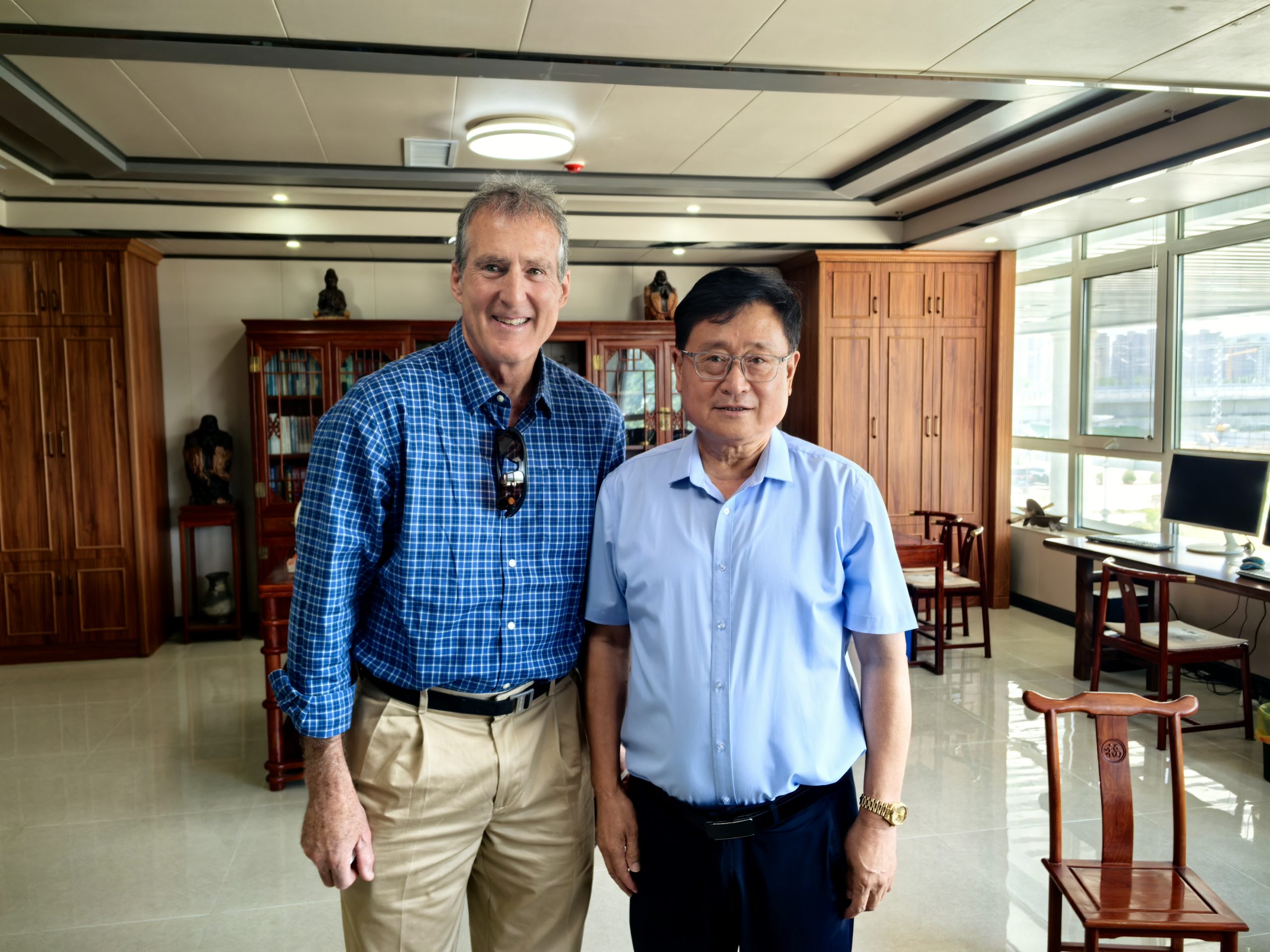
Diet for Pancreatic Cancer: What to Eat and Avoid for Better Health
2025-06-23
Meta Description:
Discover the best diet for pancreatic cancer patients. Learn which foods to eat and avoid to support treatment, reduce symptoms, and improve quality of life.
Introduction: Why Diet Matters in Pancreatic Cancer
Pancreatic cancer is one of the most aggressive forms of cancer, and managing it requires a comprehensive approach that includes medical treatment, lifestyle adjustments, and a well-planned diet for pancreatic cancer. The right nutrition can help manage symptoms, reduce treatment side effects, and improve overall quality of life.
In this guide, we’ll explore evidence-based dietary recommendations for people living with pancreatic cancer, including foods to eat, foods to avoid, and tips to maintain nutritional balance.
Understanding the Nutritional Challenges of Pancreatic Cancer
People with pancreatic cancer often face unique nutritional issues due to the pancreas’ role in digestion. The disease and its treatment may cause:
-
Malabsorption (difficulty absorbing nutrients)
-
Unintended weight loss
-
Fatigue and digestive issues
-
Loss of appetite
A specialized diet can help combat these problems by focusing on easy-to-digest, high-nutrient, and energy-rich foods.
Best Foods for Pancreatic Cancer Patients
Here are the top food groups recommended by dietitians and cancer specialists:
1. Lean Proteins
-
Skinless poultry, eggs, tofu, legumes, fish
-
Support muscle maintenance and tissue repair
-
Choose baked, boiled, or steamed preparations
2. Healthy Fats
-
Avocados, olive oil, nuts, and seeds
-
Provide calorie-dense energy for patients experiencing weight loss
-
Omega-3 fatty acids (e.g., from salmon) may help reduce inflammation
3. Whole Grains
-
Brown rice, quinoa, oatmeal, whole wheat bread
-
Rich in fiber and B vitamins
-
Choose low-fiber options if digestion is impaired
4. Fruits and Vegetables
-
Soft-cooked or pureed veggies like carrots, spinach, zucchini
-
Non-acidic fruits such as bananas, papaya, and melon
-
Rich in antioxidants, vitamins, and minerals
5. Plant-Based Liquids
-
Smoothies with added protein
-
Bone broth or vegetable soup for hydration and nutrients
Foods to Avoid for Pancreatic Cancer
Certain foods can worsen digestive issues or interact with treatments. It’s best to avoid:
-
Fried and greasy foods – difficult to digest due to enzyme insufficiency
-
Red and processed meats – linked to inflammation and cancer progression
-
Sugary foods and drinks – spike insulin, cause fatigue, and promote weight gain
-
Alcohol – irritates the pancreas and interferes with treatment
-
Caffeinated and carbonated drinks – may increase nausea or gas
Nutrition Tips During Treatment
-
Eat small, frequent meals: Helps maintain energy without overloading the digestive system.
-
Use pancreatic enzyme supplements: If prescribed, they help absorb nutrients more effectively.
-
Stay hydrated: Drink plenty of fluids, especially if undergoing chemotherapy or radiation.
-
Work with a registered dietitian: Preferably one experienced in oncology nutrition.
Supplements and Medical Nutrition Support
Depending on the patient’s condition, doctors may recommend:
-
Vitamin D and B12
-
Iron or folate if anemia is present
-
Appetite stimulants
-
Medical nutrition shakes or feeding tubes in advanced cases
Always consult a healthcare provider before starting supplements.
Sample Meal Plan for Pancreatic Cancer Patients
| Time | Meal Idea |
|---|---|
| Breakfast | Oatmeal with almond milk, banana slices |
| Snack | Greek yogurt with honey and chia seeds |
| Lunch | Baked salmon, mashed sweet potatoes, spinach |
| Snack | Smoothie with protein powder, berries, avocado |
| Dinner | Lentil soup, soft whole grain bread |
| Evening | Herbal tea and a rice cake with peanut butter |
FAQs About Diet and Pancreatic Cancer
Can diet cure pancreatic cancer?
No, diet alone cannot cure cancer, but it can significantly support treatment and improve quality of life.
Should I follow a ketogenic diet?
There is limited evidence for the keto diet in pancreatic cancer. It may not be suitable due to high fat content and digestive difficulty. Always speak with your oncologist or dietitian.
What if I can’t eat solid foods?
Liquid nutrition (soups, smoothies, medical shakes) is often well-tolerated and can meet caloric needs.
Conclusion: A Personalized Diet for Pancreatic Cancer is Essential
A tailored diet for pancreatic cancer plays a crucial role in managing symptoms, maintaining strength, and supporting overall treatment. With the right foods and medical guidance, patients can improve their nutritional status and enhance quality of life during a difficult time.
For the best results, work closely with your medical team and a licensed dietitian specializing in oncology.










